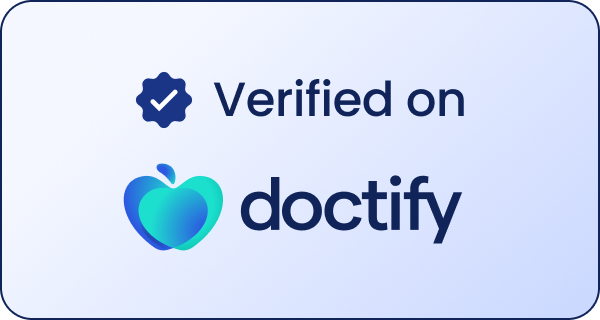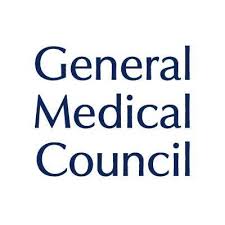How is ODD treated in children?
ODD can be managed successfully with early intervention, supportive strategies, and family involvement. Treatment plans are tailored to each child’s needs.
Parent-child interaction therapy (PCIT)
Coaching parents to respond positively to their child while setting clear, consistent limits. Strengthens the parent-child bond and reduces conflict.
Cognitive behavioural therapy (CBT)
Helps children understand and manage difficult emotions like anger and frustration. Teaches problem-solving, emotional regulation, and impulse control.
Behavioural therapy
Uses reward systems and structured routines to reinforce positive behaviour and reduce challenging behaviour.
Social skills training
Supports children in learning how to get along with others, resolve conflicts, and manage peer relationships more effectively.
Family therapy
Addresses family dynamics that may contribute to ongoing behavioural issues and helps improve communication and mutual understanding at home.
Medication (if necessary)
Not typically the first option for ODD alone, but may be considered if the child also has co-existing conditions like ADHD, anxiety, or depression.



